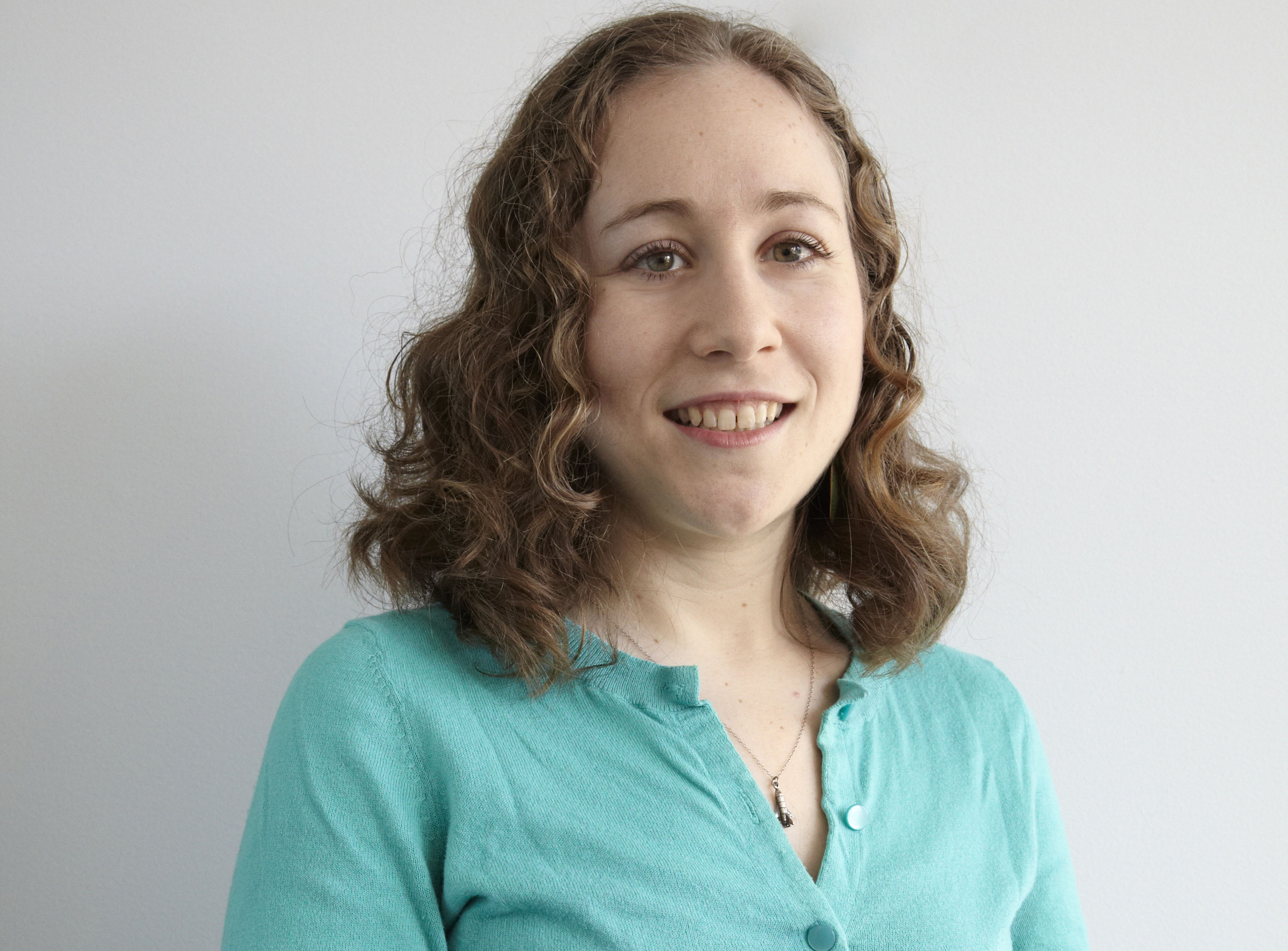Blind Dog Sees After Surgery

A once-blind dog can now see to chase squirrels to her heart's content, thanks to the new plastic cornea she received in a novel surgery.
Dixie, a seven-year-old Mountain Cur from Runnells, Iowa, had become less active and adventurous since losing her eyesight, but now seems to be restored to her old self.
"She used to walk right behind me when we'd go for a walk. She couldn't see and was scared," said her owner, Brett Williams. "Now she wants to run ahead."
Dixie received the first veterinary corneal implant procedure in North America, and one of only a few ever performed. During the surgery, Sinisa Grozdanic, an assistant professor of Veterinary Clinical Sciences at Iowa State University, removed the dog's damaged cloudy cornea and replaced it with a permanent synthetic one.
The plastic cornea may offer an advantage over transplants of real corneas from other dogs, which are often rejected by the recipient's body. The synthetic cornea, made by a German company called Acrivet, contains no biomaterial so rejection is unlikely.
"We are excited for Dixie," Grozdanic said. "She was our patient for such a long time and nothing really worked. She was gradually going down visually and we were finally able to do something to definitely improve her quality of life."
Corneal transplants in humans are fairly routine, dating back to the early 1900s. The tissue for the transplants is taken from a recently dead person whose family agreed to donate it. Artificial corneal implants were first performed on humans several years ago.
Sign up for the Live Science daily newsletter now
Get the world’s most fascinating discoveries delivered straight to your inbox.
Although the new cornea doesn't give Dixie peripheral vision, it does seem to have restored some of her sight. After the bandages were removed, the doctors tested Dixie and found she could visually track a cotton ball dropped in front of her.
"When I came in to watch, and they dropped that cotton ball, I thought 'I got my dog back,'" Williams said.
- Video: Extraordinary Dogs
- Video: Dogs - The Early Years
- Life's Little Mysteries - Why Do Dogs Drool?










